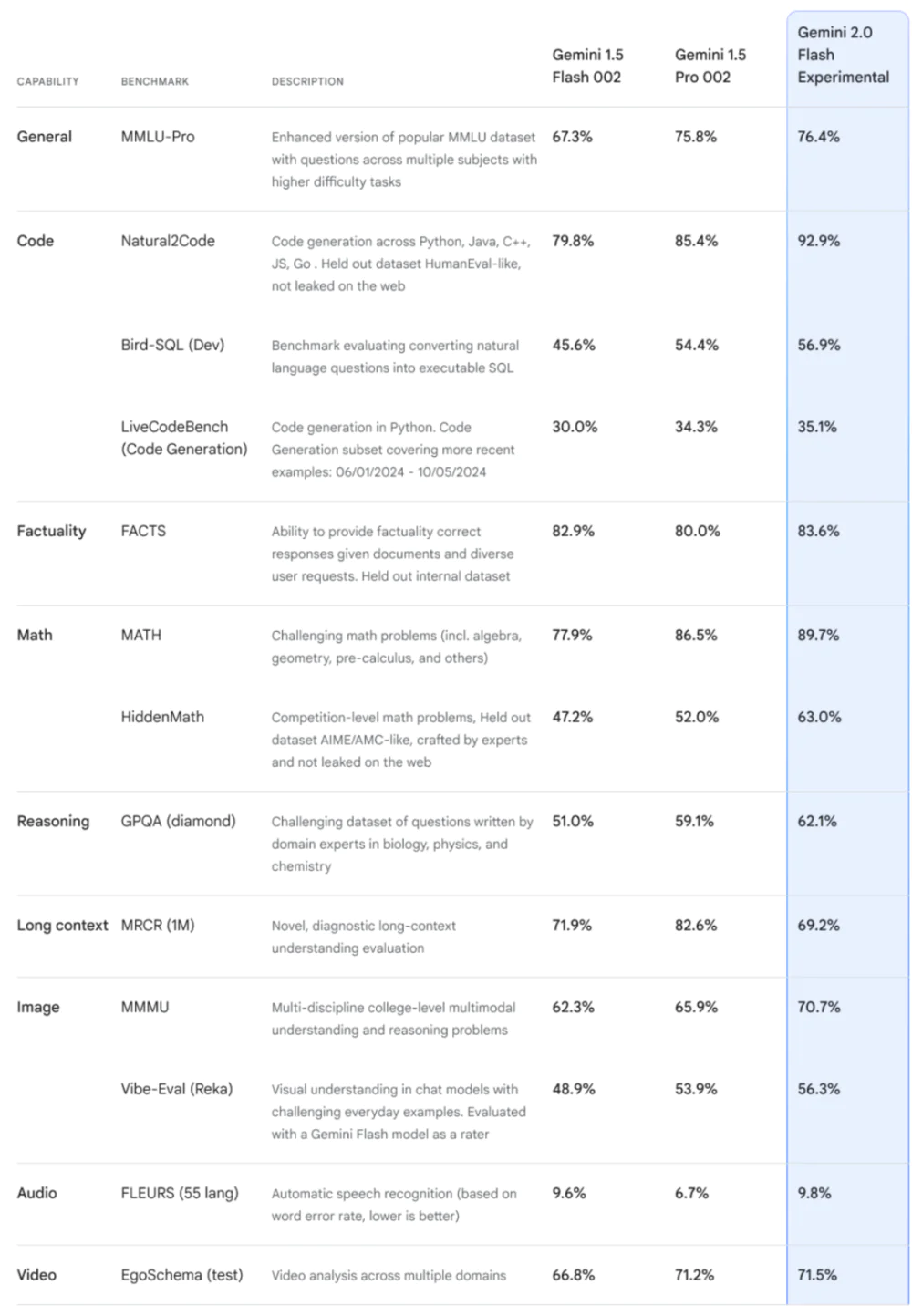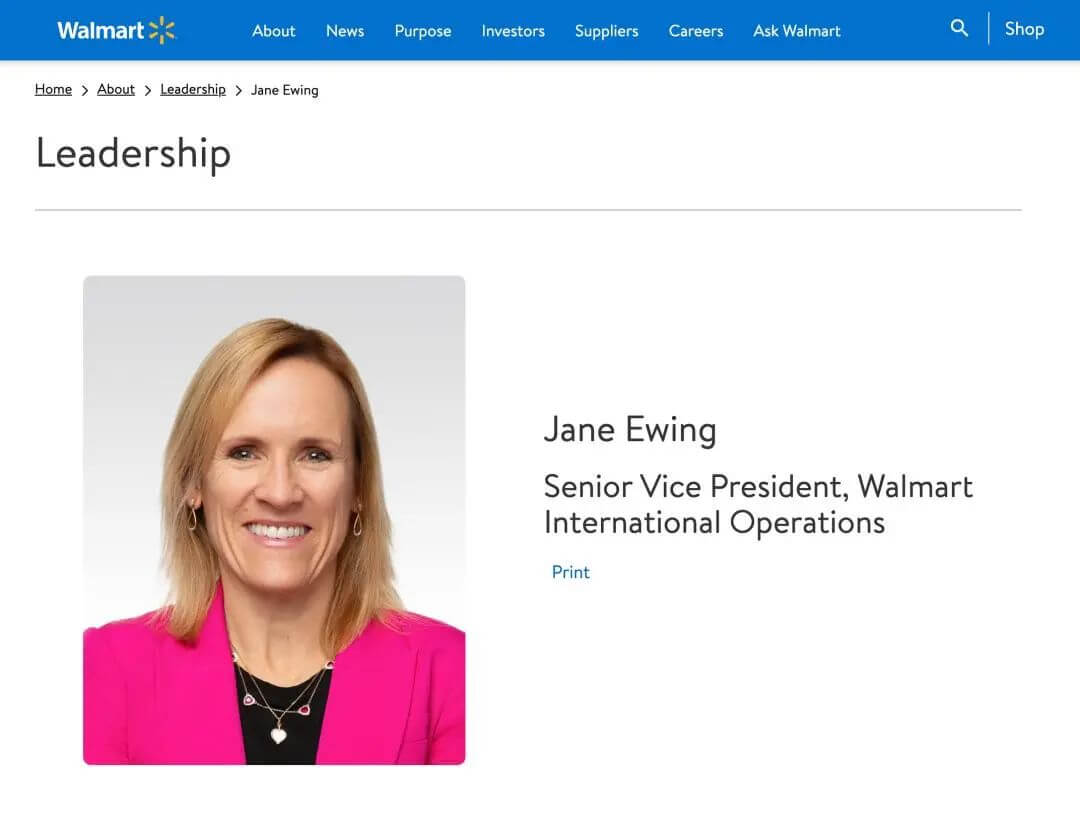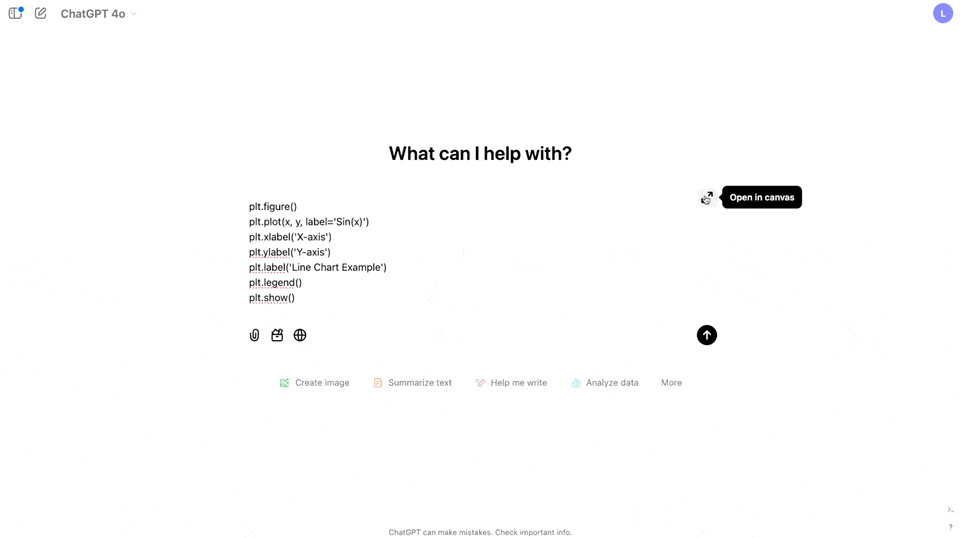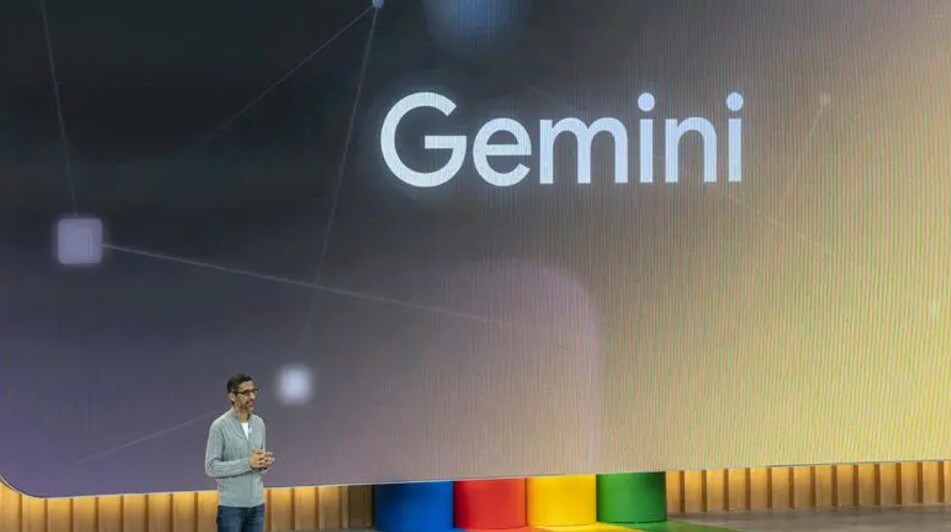Google has requested the U.S. Federal Trade Commission (FTC) to terminate Microsoft's exclusive cloud service agreement with OpenAI, alleging the deal limits competition and harms other cloud providers like Google and Amazon.
Exclusive agreements make Microsoft the sole cloud service provider for OpenAI technology, putting other competitors like Google and Amazon at a clear disadvantage. These companies want to host OpenAI's AI models themselves so their cloud customers can access OpenAI's technology without having to use Microsoft’s servers. As the competition in cloud computing and AI heats up, tech giants are engaged in open and covert battles, with Google urging regulators to terminate the exclusive cloud service deal between Microsoft and OpenAI.
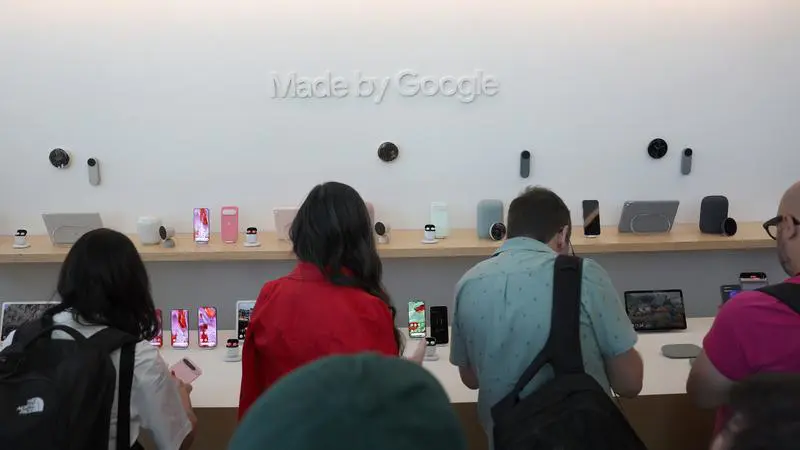
On December 10, The Information reported that Google has filed a complaint with the U.S. Federal Trade Commission (FTC), requesting the termination of the exclusive cloud service agreement between Microsoft and OpenAI, which allows Microsoft to exclusively host OpenAI’s technology on its cloud servers.
As the primary federal antitrust enforcement agency in the U.S., the FTC has been investigating the collaboration between Microsoft and OpenAI, and whether this collaboration is restricting market competition. Google’s complaint comes during the FTC’s investigation of Microsoft, during which the FTC has asked Google for its views on Microsoft’s business practices.
The exclusive agreement has made Microsoft the sole cloud service provider for OpenAI’s technology, which has put competitors like Google and Amazon at a disadvantage. These companies wish to host OpenAI's AI models themselves so their customers can access the technology without relying on Microsoft’s servers.
The article points out that exclusive agreements are not necessarily illegal, but Microsoft's acquisition of OpenAI’s technology could result in additional costs for users, such as data migration and employee training. Google and other competitors have highlighted the potential impact of these costs on users.
A Google spokesperson stated that the company is committed to "building the most open AI ecosystem in the world" and referenced a blog post by Google Cloud executive Kevin Icchpurani, expressing Google’s desire to host as many AI models as possible.
Reports suggest that Microsoft takes a 20% cut from OpenAI’s revenue, which reduces Microsoft’s incentive to compete with OpenAI. The FTC is investigating whether this exclusive agreement is hindering competition in the AI market.
Currently, OpenAI's large language models dominate the market and are expected to generate $3 billion in revenue this year. Microsoft also earns significant income by reselling OpenAI’s LLMs. While Google and Amazon also sell their own large models, their sales are minuscule compared to OpenAI’s models.
Some companies, such as Snap and Intuit, have increased their spending on Microsoft Azure due to their desire to use OpenAI’s models. This exclusive agreement has forced these companies to turn to Microsoft to access OpenAI’s technology.
The FTC’s investigation reportedly extends beyond the exclusive agreement between Microsoft and OpenAI, also covering Microsoft’s software licensing practices, cybersecurity business, and the company’s growing AI products.


